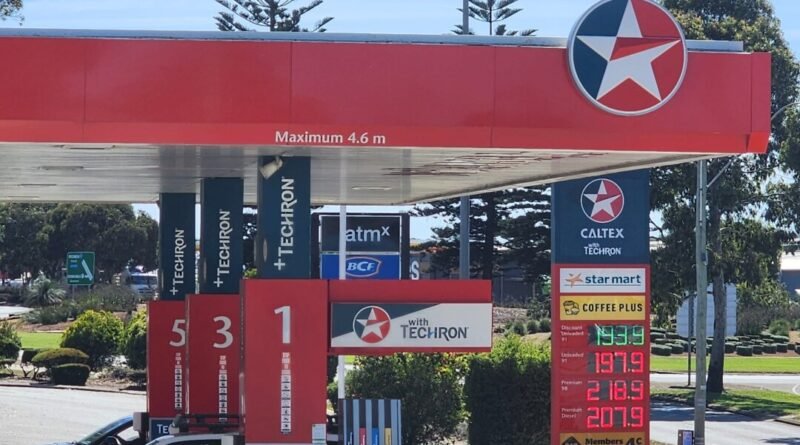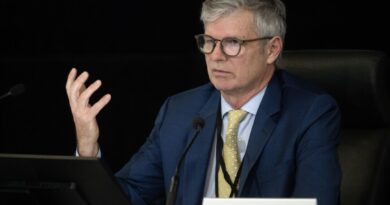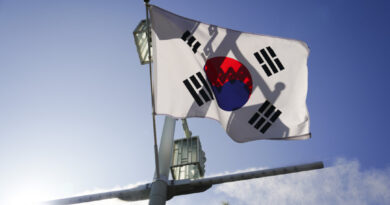Budgets Struggling as Car Expenses Exceed Inflation Rates
Household budget concerns are being exacerbated by high transport costs, with research indicating a rise of more than 10 percent in a year.
Recent figures from the Australian Automobile Association (AAA) revealed that households in three capital cities were spending over $500 (US$328.6) per week on transportation, with the national average cost for driving a car or using public transport reaching $458 (US$301) per week.
A separate analysis by NRMA ranked Australian capital cities based on fuel prices, showing an increase in petrol costs across all states in 2024.
The AAA’s latest Transport Affordability Index reported a 10.5 percent surge in household transport expenses in the year leading up to June, nearly triple the consumer price index of 3.8 percent.
The average weekly transport cost for households in capital cities reached $491 (US$322.7), with the highest expenses noted in Melbourne ($568 (US$373.3)), Brisbane ($560 (US$368)), and Sydney ($539 (US$354.2)).
Regional households were paying an average of $421 (US$276.7) per week, with Alice Springs ($446 (US$293)), Geelong ($444 (US$291.8)), and Bunbury ($441 (US$289.8)) among the priciest towns surveyed.
Car loan payments, fuel, and insurance costs were identified as the major contributors to household transport budgets by the AAA, with tolls and public transport also impacting costs in capital cities.
Michael Bradley, the managing director of the automobile association, urged governments to take into account these rising costs when formulating policies, stating that transport expenses were consuming more household income.
“Increased transport costs are a significant burden for households and businesses amidst growing cost-of-living pressures,” Bradley noted. “Transport remains a substantial and unavoidable expense for households.”
The NRMA’s petrol price analysis highlighted the challenges faced by drivers in Canberra and Brisbane, as unleaded petrol prices averaged above $2 (US$1.3) per litre in 2024, with Sydney and Melbourne not far behind at $1.97 (US$1.3) per litre.
Perth and Adelaide emerged as the more affordable capital cities for unleaded petrol, with average prices of $1.86 (US$1.2) and $1.88 (US$1.24) respectively.
Peter Khoury, spokesperson for NRMA, emphasized the need for action to reduce transport costs for households, particularly praising Adelaide for its concentration of independent petrol stations.
“Rising fuel prices are straining family budgets and impacting the Australian economy at large,” Khoury stated. “The inflated prices in major cities are a result of domestic price cycles that must be addressed.”
These reports coincided with Queensland Premier Steven Miles announcing fuel reform initiatives, including a daily limit on price hikes and plans to establish state-owned petrol stations if the Labor party wins the upcoming state election in October.





